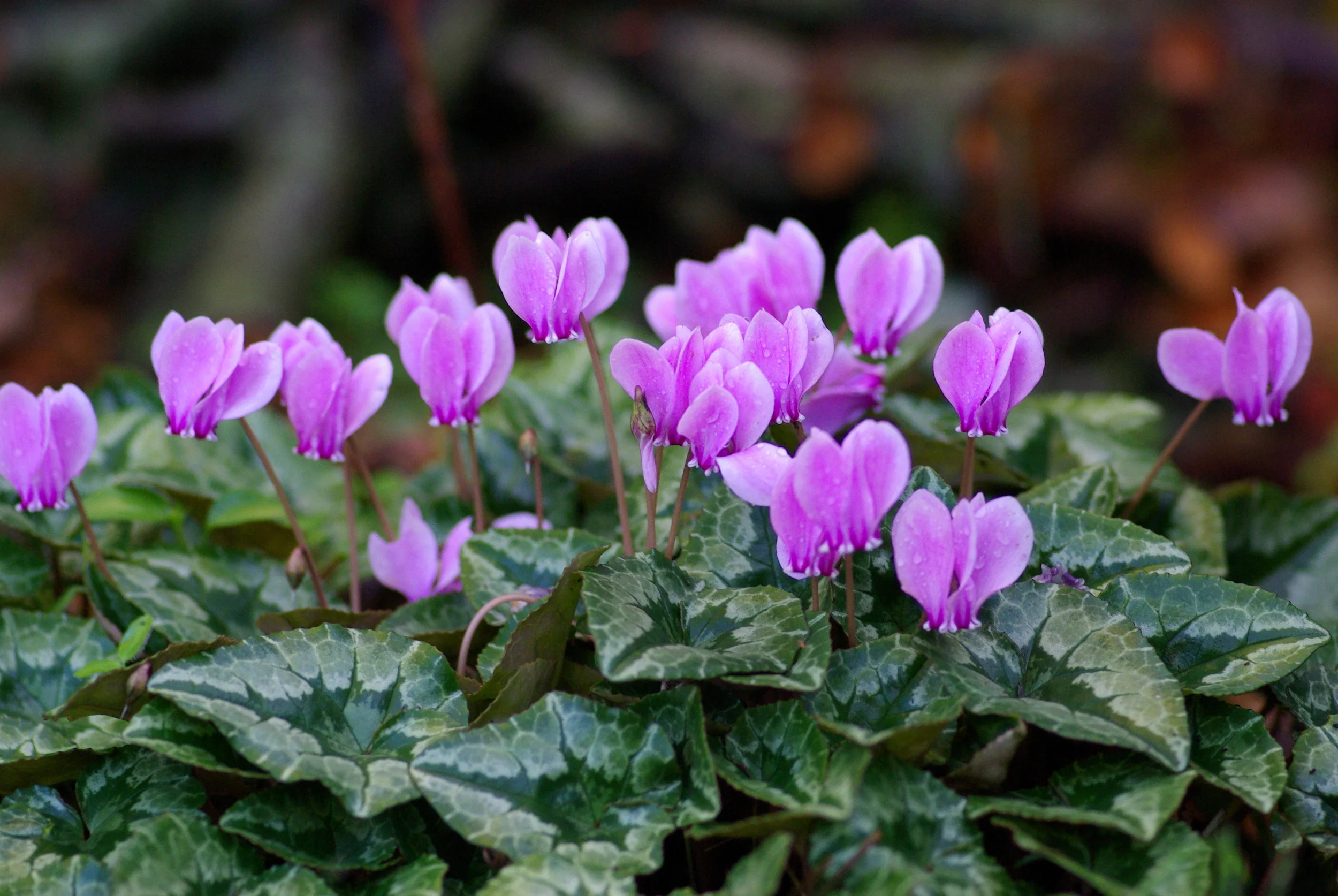Cats and Flowers
Flowers are a beautiful way to show you care, but some blooms are dangerous, or even deadly, for cats. Toxic plants can have an almost immediate effect on your cat’s health, which makes it that much more important to remain vigilant when giving or receiving flowers as gifts.
Here’s a partial list of flowers to avoid if your special someone has a cat in their life. Remember: if you know or suspect that your cat has eaten a poisonous plant, don’t hesitate to contact your veterinarian immediately, whether they show symptoms or not!
AMARYLLIS
Symptoms of ingestion include drooling, vomiting, drop in blood pressure, difficulty breathing, and abdominal discomfort.
AZALEA & RHODODENDRON
Eating even a few leaves can result in vomiting, diarrhea and excessive drooling; without immediate veterinary attention, ingestion can lead to coma or death.
BABY'S BREATH
Only mildly toxic, ingestion can still lead to vomiting, diarrhea, anorexia, and lethargy in your cat.
CYLAMEN
The roots of this seasonal flowering plant are especially dangerous to pets, causing drooling, vomiting, and diarrhea. If ingested in large quantities, cyclamen can cause severe vomiting and even death.
DAFFODIL
These bulbs, plants and flowers can cause severe vomiting, diarrhea, abdominal pain, and even irregular heartbeat and breathing, as well as severe tissue irritation and drooling.
HYDRANGEA
When ingested, can cause vomiting, diarrhea and lethargy.
KALANCHOE SPECIES
A popular potted alternative to cut flowers, there are more than 150 species of this plant genus. Symptoms of ingestion include drooling, abdominal pain, and diarrhea, and sometimes severe weakness, cold extremities, collapse, and cardiac arrest.
LILIES
This flower comes in many forms, ranging from highly dangerous to benign. Peace, Peruvian, and Calla lilies will cause minor drooling. True lilies, including Tiger, Day, Asiatic, Easter and Japanese Show lilies – are potentially fatal even in small amounts. Seek immediate veterinary assistance if your cat comes into contact with this dangerous plant.
POINSETTIA
Only mildly toxic to cats, ingestion leads to mild signs of vomiting, drooling, or rarely, diarrhea. In extreme circumstances, contact can also cause rashes or pink eye.
While this list may seem daunting, there are also many flowers that are perfectly safe in your home. Some cat-friendly flowers include:
African daisy
African violet
Alyssum
Bachelors buttons
Celosia
Easter Daisy
Orchids
Peruvian lily
Brazilian lily
Rose
Snapdragon
Sources for more information:
http://petpoisonhelp.wpengine.com/poisons/
https://www.aspcapro.org/sites/default/files/v-vetm1104_933-936.pdfhttps://www.teleflora.com/floral-facts/pet-friendly-plants-flowers
Back to the Cat Town Blog.









